After being diagnosed with PTSD, then losing his wife Teresa to terminal ovarian cancer five years later, Brian found himself unable to cope. We supported him and helped him get his life back on track.
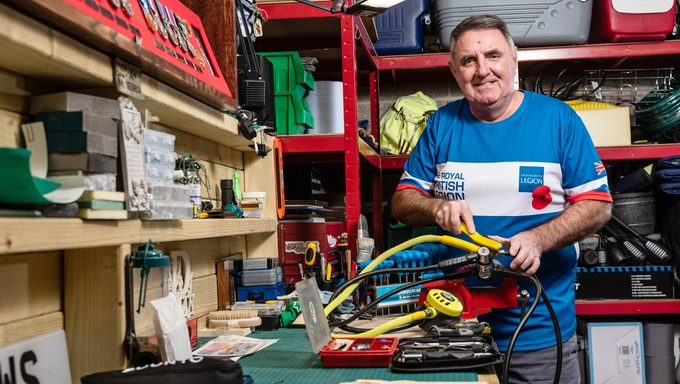
I never expected to do a full career, and I especially never expected to have an extended career.
Brian joined the Army at the age of 15 as part of the Army Youth Team in Cairngorms, Scotland.
He’d never planned on staying in the Armed Forces for long, but ended up serving for 41 years – 26 in the Regular Army and the last 15 as a Reservist - completing tours in the Falklands, Sierra Leone, the Balkans, Angola and Northern Ireland.

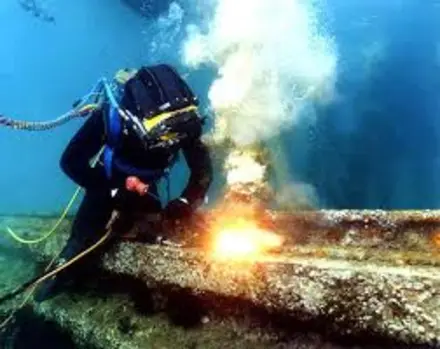
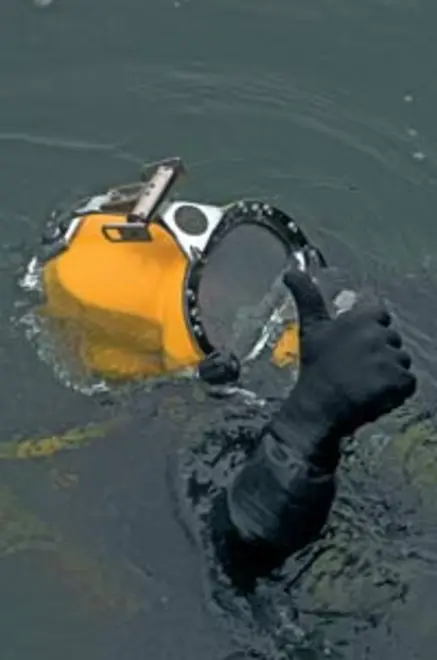
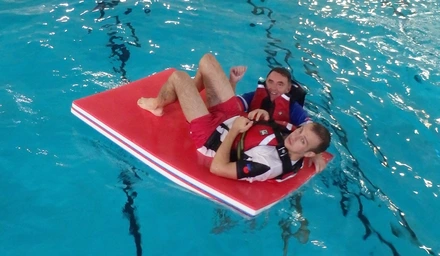
Thriving career as a marine engineer
His primary trade was as a marine engineer, a position which required seven years training.
He served onboard logistic and assault ships and was responsible for the maintenance and repair of everything on board the ship: “It was like running a small town” says Brian.
He also chose to qualify as an Army diver, a job which involved underwater construction and engineering.
Amongst his achievements, Brian was a pioneer in the training of women as marine engineers, and in 2022, the first female Army diver passed the rigorous Army Diving Course.
PTSD diagnosis & losing his wife Teresa
In 2012, while working as a Learning and Development Consultant for the Hampshire Constabulary, Brian suffered a breakdown.
He had to take a week off work with executive stress and was advised to seek help.
Eventually this led to a diagnosis of PTSD in 2013, linked to his service in the Falklands War 31 years earlier.
“I didn’t realise how much my psychological wellbeing was impaired,” says Brian. “I was self-medicating with alcohol. I could smell burning all the time and could not switch off.
“You become numb, you have no joy in your life, everything is very mechanical, you just survive, you don’t live. You go from one nightmare to the next. You also don’t want the stigma of PTSD, so you hide it from everyone.”
Brian spent eight weeks with Combat Stress before being medically discharged from the Reserves and let go from his job.
That same month, Brian’s wife Teresa became very ill. It wasn’t long before she was diagnosed with terminal ovarian cancer, and in July 2018, she sadly passed away.






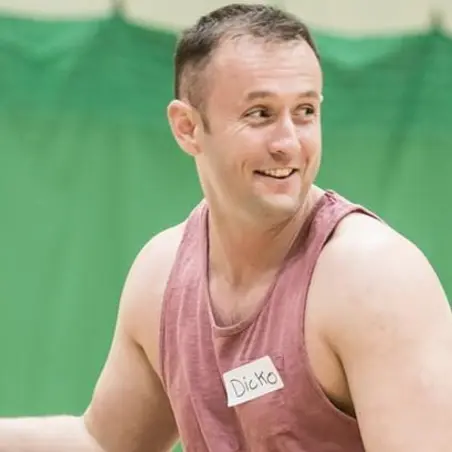
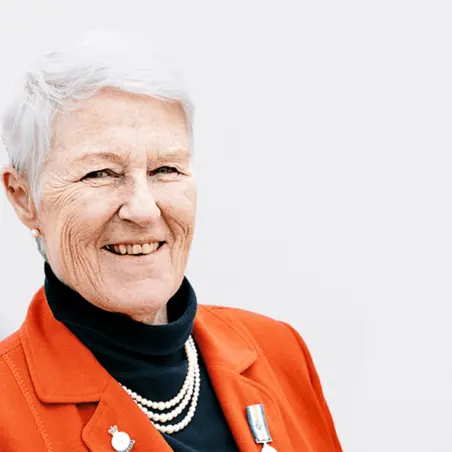
.jpg?sfvrsn=3ed834c0_2&method=CropCropArguments&width=452&height=452&Signature=C7466F06BBE7B14CDCBF5E07F083E56F3F36A285)